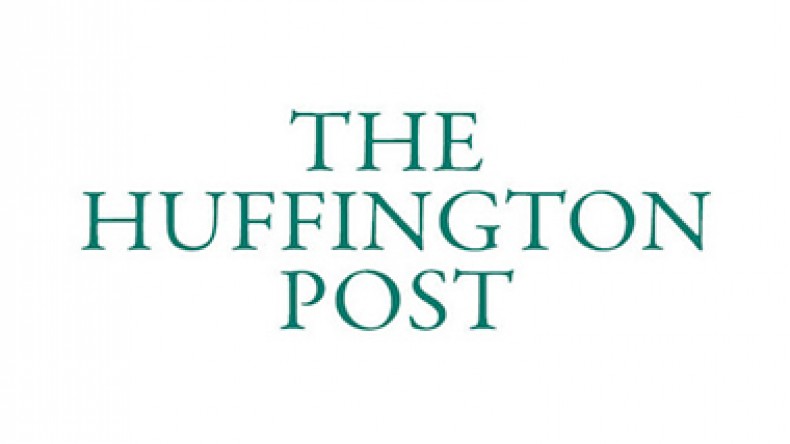
Huffington Post: Formula 1 can give chance to human rights defenders jailed in Azerbaijan
The Executive Director of Business & Human Rights Resource Center, Phil Bloomer, published an article on The Huffington Post Blog, condemning the organizers of the European Games and Formula One Grand Prix for holding the events in Azerbaijan.
“The International Olympic Committee, whose values purport to be 'Friendship, Respect, Excellence,' should never have permitted the European Games to take place in Azerbaijan, a country with a dismal human rights record. Tragically, the Grand Prix and Formula 1 are following in the European Games' footsteps,” Bloomer writes and stresses that these events will give the Azerbaijani president more opportunities to promote his country in 2016.
The author cites one of Azerbaijan's few remaining human rights activists as saying that the European Games are a major PR effort by the Azerbaijani Government to put image over reality. The reality is that independent minds in Azerbaijan are dying.
Azerbaijan's government invested over $8bn of its oil wealth in the European Games. Planned three years ago, when oil prices were high, the games initially seemed like an affordable investment that could enhance the country's profile. Today, however, they have increasingly appeared to be an expensive boondoggle for an economy that can ill afford it. Since last June, oil prices have fallen by 43%, crippling Azerbaijan's economy and leading to a recent 34% reduction in the value of its currency, Bloomer writes.
“The Azerbaijani government desperately needs two things: an independent media to shine a light on corruption, and a bold civil society that is ready to take action. It used to have both, but 10 years of repression have smothered them,” the author points.
As examples, he points to the arrest of the investigative journalist Khadija Ismayilova and the imprisonment of human rights activist Rasul Jafarov, claimed by the UN High Commissioner on Human Rights to be politically motivated. “Arguably Azerbaijan's most effective tool for strangling dissent has been the ‘foreign funding’ laws that have cut off any international philanthropy to national organizations working on community development, environmental protection, workers' protection or the defense of human rights,” Bloomer writes.
He believes a number of big businesses in Azerbaijan, both domestic and international, can be taking advantage of this repression. A protester who works on labor issues (who spoke on condition of anonymity) told Bloomer that Azerbaijani law prohibits most temporary job contracts, yet these are now endemic in agribusiness and international oil companies.
Bloomer stresses that workers are not in a position to criticize these moves: the drop in oil prices has also led to rapid job losses, and many laid-off workers have not received the minimum legal compensation that companies are required to give.
According to Bloomer, there are numerous ways in which the major international investors - particularly those involved in the European Games - could influence the Azerbaijani government. For example, Business & Human Rights Resource Centre has asked all of the games' major sponsors to use their leverage to pressure the Azerbaijani Government to uphold human rights. Unfortunately, the overwhelming message from companies has been that this is not their responsibility.
“Human rights advocates never had much hope that the Azeri government would use the European Games as an opportunity to pardon the protesters and activists who it has unjustly imprisoned. It's just as unlikely to happen at the Grand Prix in Azerbaijan next year. But if Formula 1 ends up being sold, it could prove an opportunity for change,” the author emphasizes.
At the end of the article, he calls on Formula One, FIFA, and IOC to decide whether they want global sport to be associated with human rights violations, or with the core values that the global public naturally associate with sport: friendship, mutual respect, fair-play and excellence.
Earlier, the media condemned the Formula 1 representatives for their dismissal of press freedom issues in Azerbaijan.
On 12-28 June, Baku hosted the first European Games under the auspices of the European Olympic Committee. The event became a serious headache for the locals because of numerous bans and property demolitions. The preparatory works for the Games were accompanied by crackdowns and brutal repressions against dissent.
Related:
Sport website questions Formula 1 representatives’ dismissal of press freedom issues in Azerbaijan
International rights groups condemn Azerbaijani authorities barring foreign journalists’ entry
Newsfeed
Videos






























